Introduction
Following the Second World War, the Permanent Court of International Justice (PCIJ) was succeeded by the International Court of Justice (ICJ), which is recognized as the primary judicial body of the United Nations under Article 92 of the UN Charter. As noted by Mr. Shahabuddin, the ICJ is essentially a continuation of the PCIJ, sharing almost the same statute and jurisdiction, with no distinction made between the cases handled by the PCIJ and the ICJ.
According to Article 2 of the ICJ Statute, the court is composed of fifteen members, elected regardless of nationality, from individuals of high moral character who meet the qualifications required for appointment to the highest judicial offices in their respective countries.
ICJ judges are elected for nine-year terms and can be re-elected. They are entitled to diplomatic rights and immunities in the execution of their duties. A judge can only be dismissed if all other members of the court unanimously agree that they no longer meet the necessary qualifications. Judges are prohibited from engaging in political or administrative functions or any other professional work. They cannot serve as officials, counsel, or lawyers under any circumstances. The ICJ elects a President and Vice-President for a renewable term of three years. The court is located in The Hague, Netherlands.
Jurisdiction
The ICJ is a judicial body that decides cases based on international law as it stands at the time of judgment. Unlike legislative bodies, it cannot create laws. As established in the landmark Lockerbie case (1992), the ICJ is seen as the guardian of the legality within the international community. Article 36(2) of the ICJ Statute specifies that a legal dispute must be brought before the court for it to take action. In the Nuclear Test case (1974), the ICJ determined that the existence of a dispute is a fundamental requirement for the court to exercise its judicial function. A legal dispute is defined as a disagreement on a point of law or a matter of fact. The ICJ possesses contentious, binding, and advisory jurisdiction.
A Protector of Developing Nations
The ICJ's authority relies on the consent of the parties involved, reflecting their sovereignty. In the Nicaragua case (1986), the ICJ emphasized that the consent of the disputing states is the foundation of the court's jurisdiction in contentious cases. However, this consent does not always need to be formal. In certain situations, the court may infer consent from the actions of the parties. For example, in the Corfu Channel case (1948) between the United Kingdom and Albania, the court assumed the consent of the UK based on their actions and corresponding letters from Albania. This concept is known as the theory of "forum prorogatum."
In the Cameroon vs. Nigeria case (2002), the ICJ reiterated that it can exercise jurisdiction over a state only with its consent and cannot rule on the legal interests of states not involved in the dispute. Similarly, in the East Timor case (1995), the ICJ held that it could not judge the legality of Indonesia’s actions regarding East Timor since Indonesia was not a party to the dispute.
The ICJ also has advisory jurisdiction, allowing it to provide advice to the UN General Assembly, the Security Council, or any concerned Member State. For instance, Bangladesh has expressed support for the ICJ’s critical role in upholding the rule of law and maintaining international peace and stability. Bangladesh suggested that the UN bodies and specialized agencies refer significant cases to the ICJ to alleviate its workload, allowing it to focus on more pressing issues. Cuba also highlighted the importance of ensuring the ICJ has the necessary financial resources to fulfill its duties effectively and welcomed the Court’s efforts to distribute information beneficial to developing countries.
Conclusion
The frequent use of specialized chamber procedures, whether voluntary or not, in contested areas can lead to inconsistent and fragmented jurisprudence. The outcome and legal principles applied might vary depending on the composition of the chamber, which could weaken the uniformity of international law. Article 59 of the ICJ Statute, which states that the Court's decisions are binding only on the parties involved, underscores the potential for divergent rulings to diminish support for the ICJ and international law.
What is needed is consistent jurisprudence, agreed upon by all nations. The ICJ, with its limited and sometimes ineffective role, may not be the best institution to resolve fundamental disagreements about the content and establishment of international law. The Court's ability to enforce its rulings is also limited, as its jurisdiction is confined to disputes that are voluntarily submitted to it, either through specific agreements or prior recognition of its authority.
Share
Tags
Archive
Popular & Recent Post






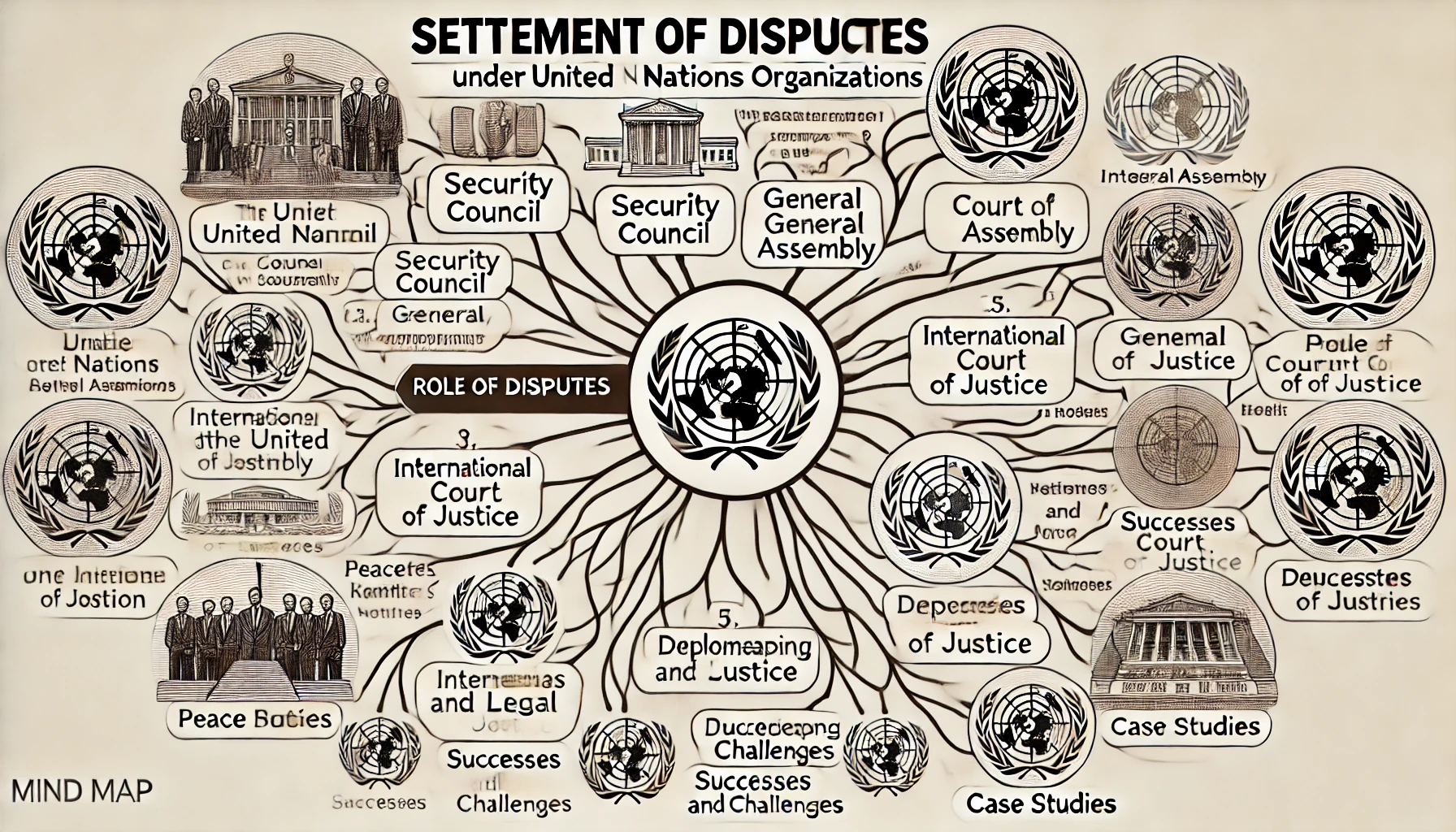
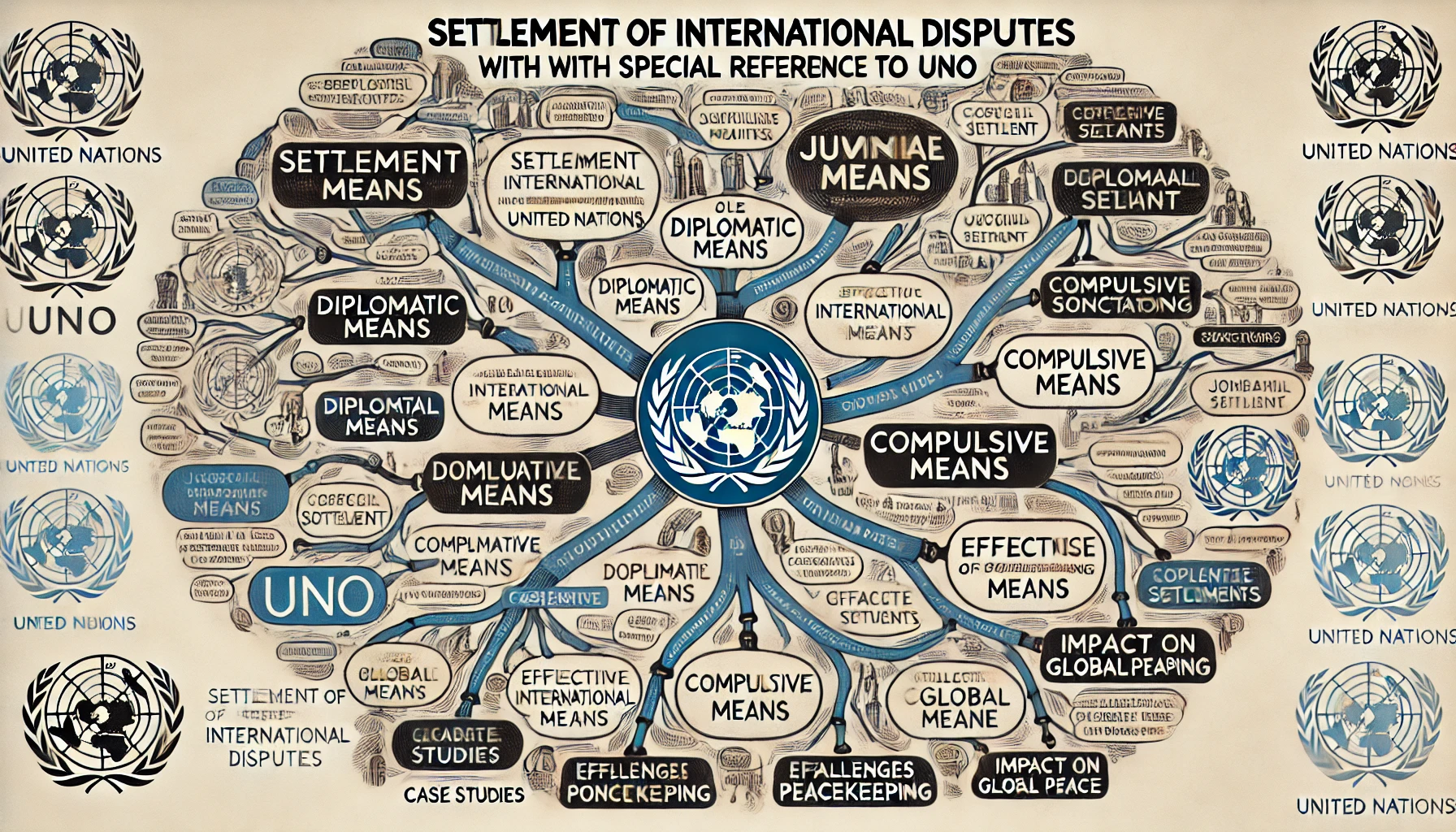
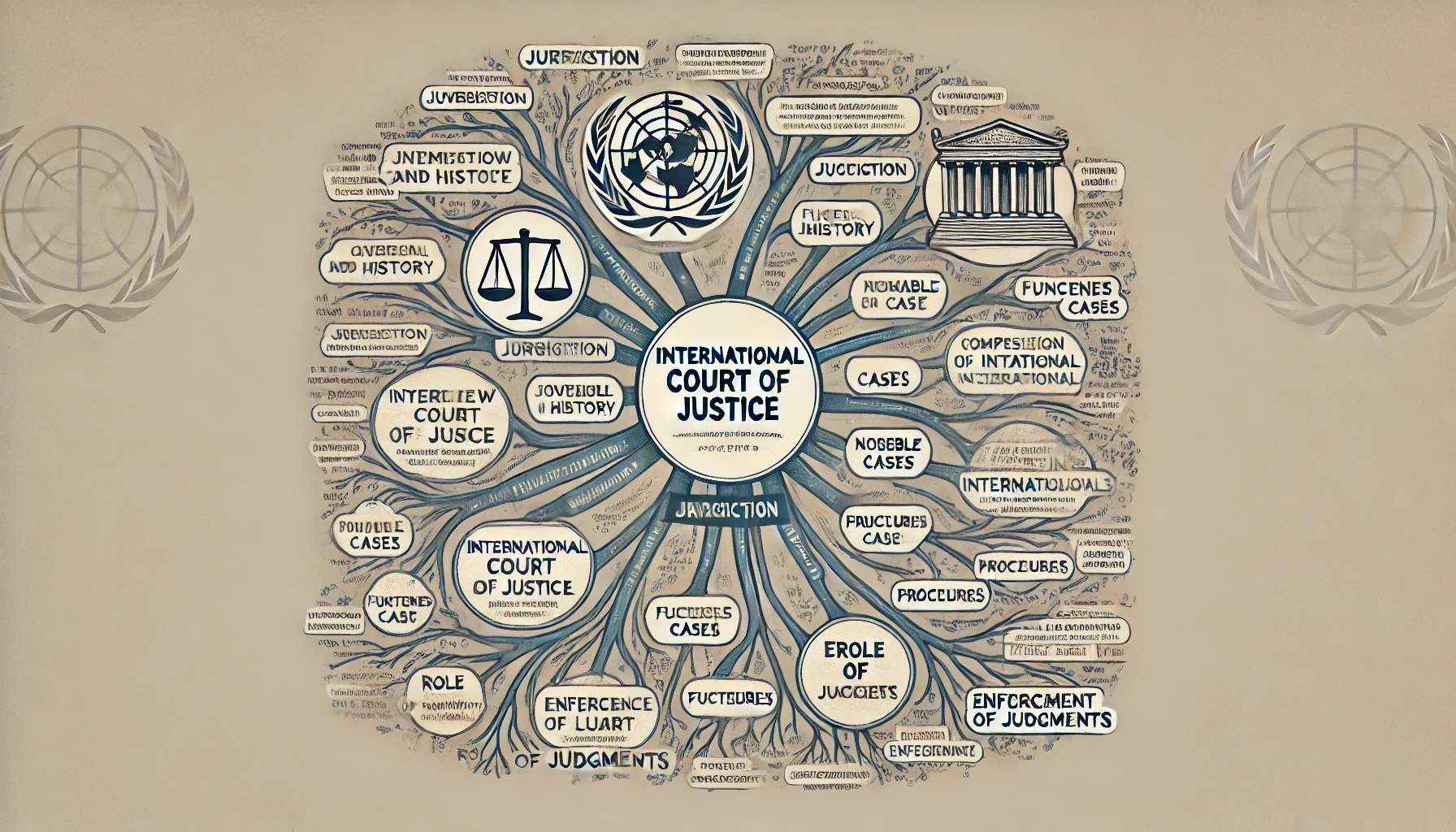
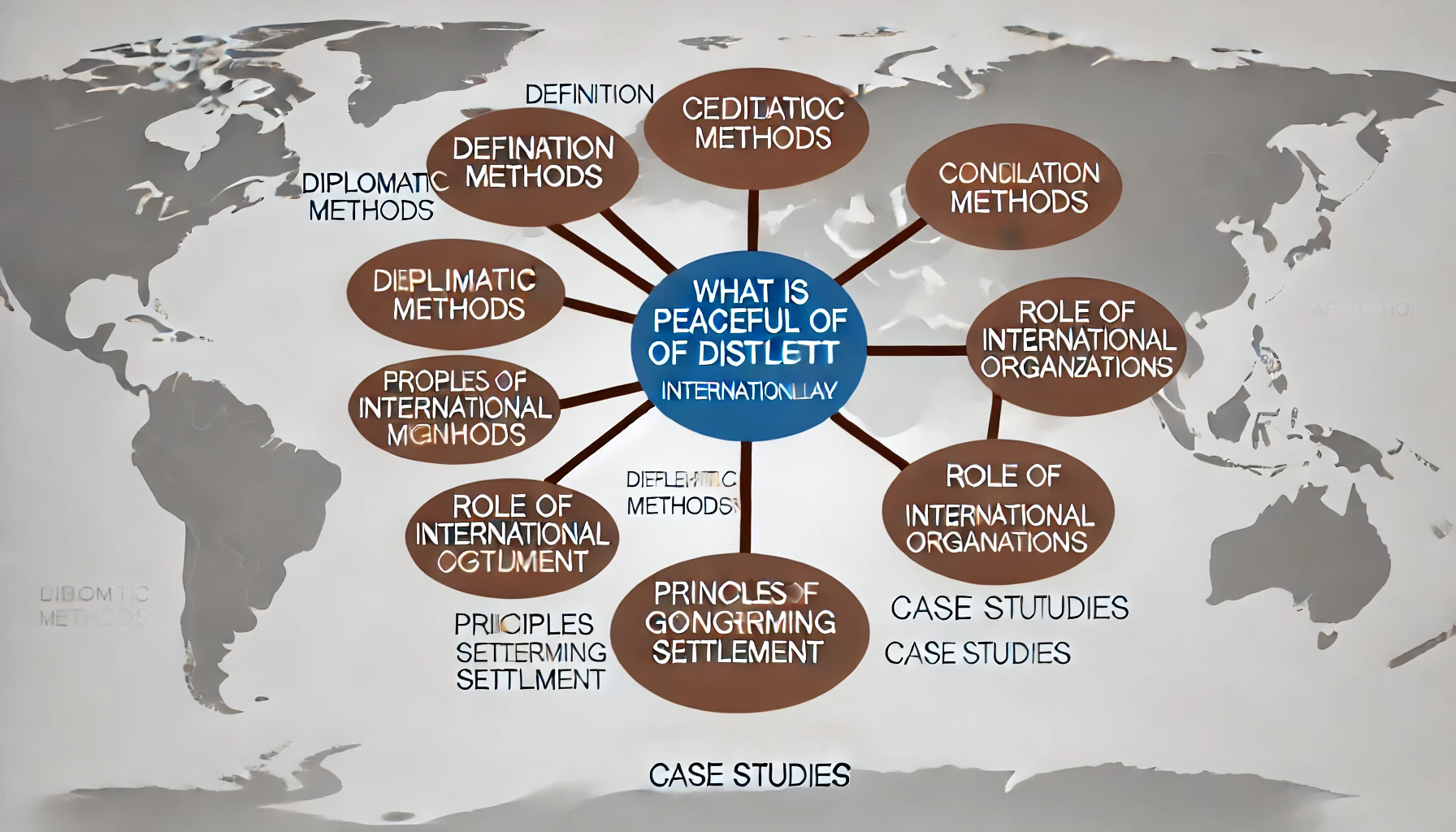

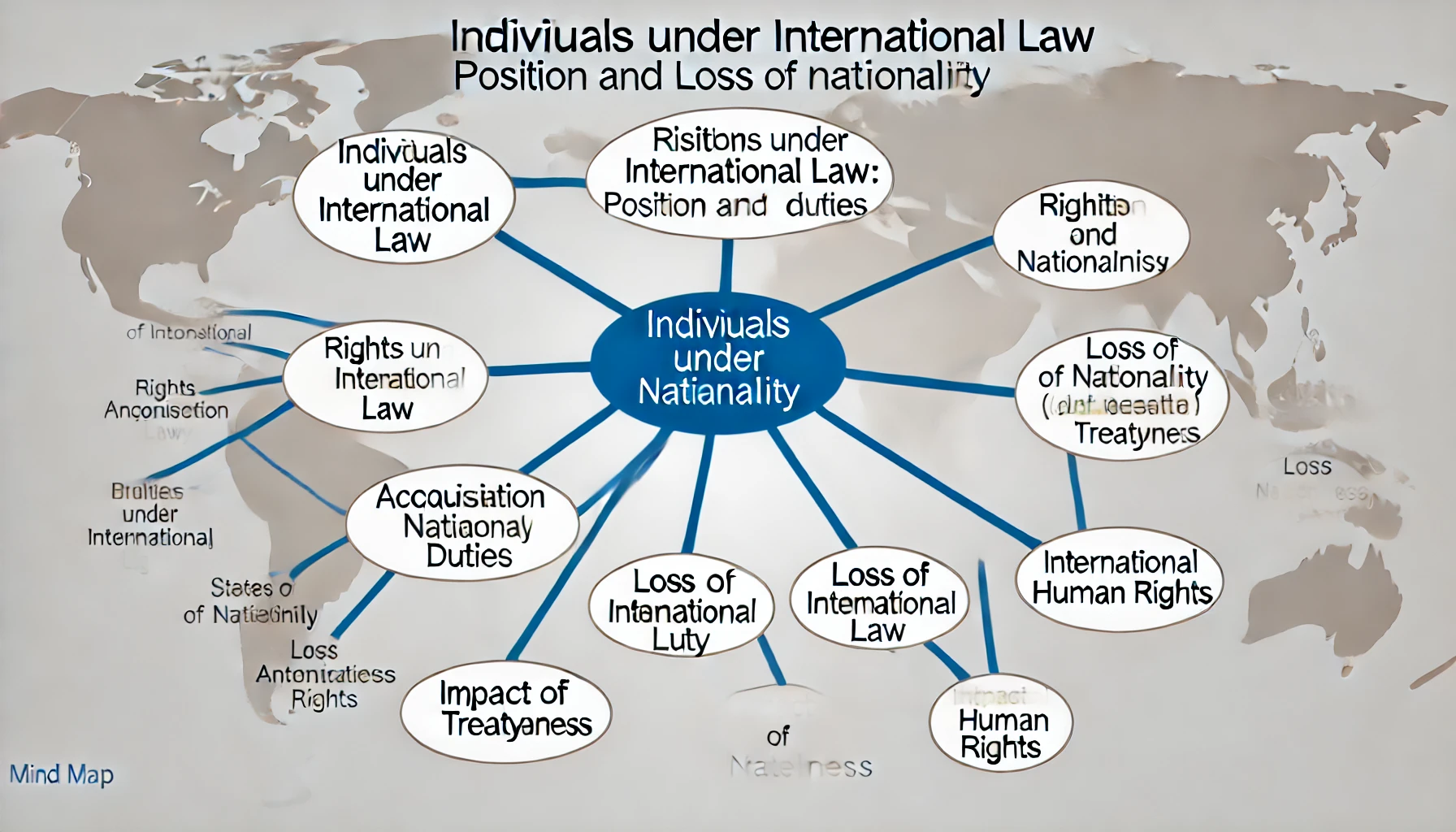
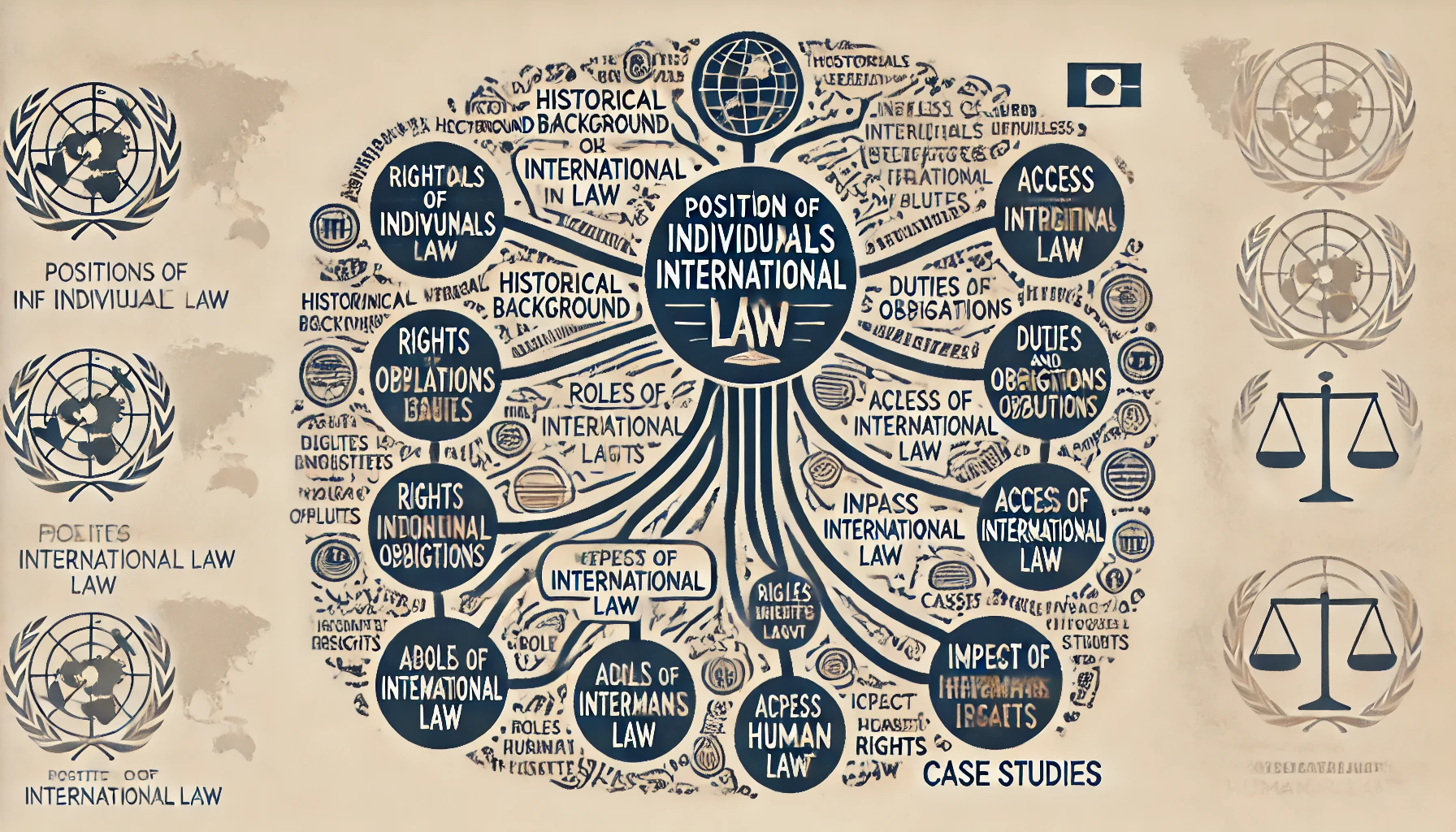
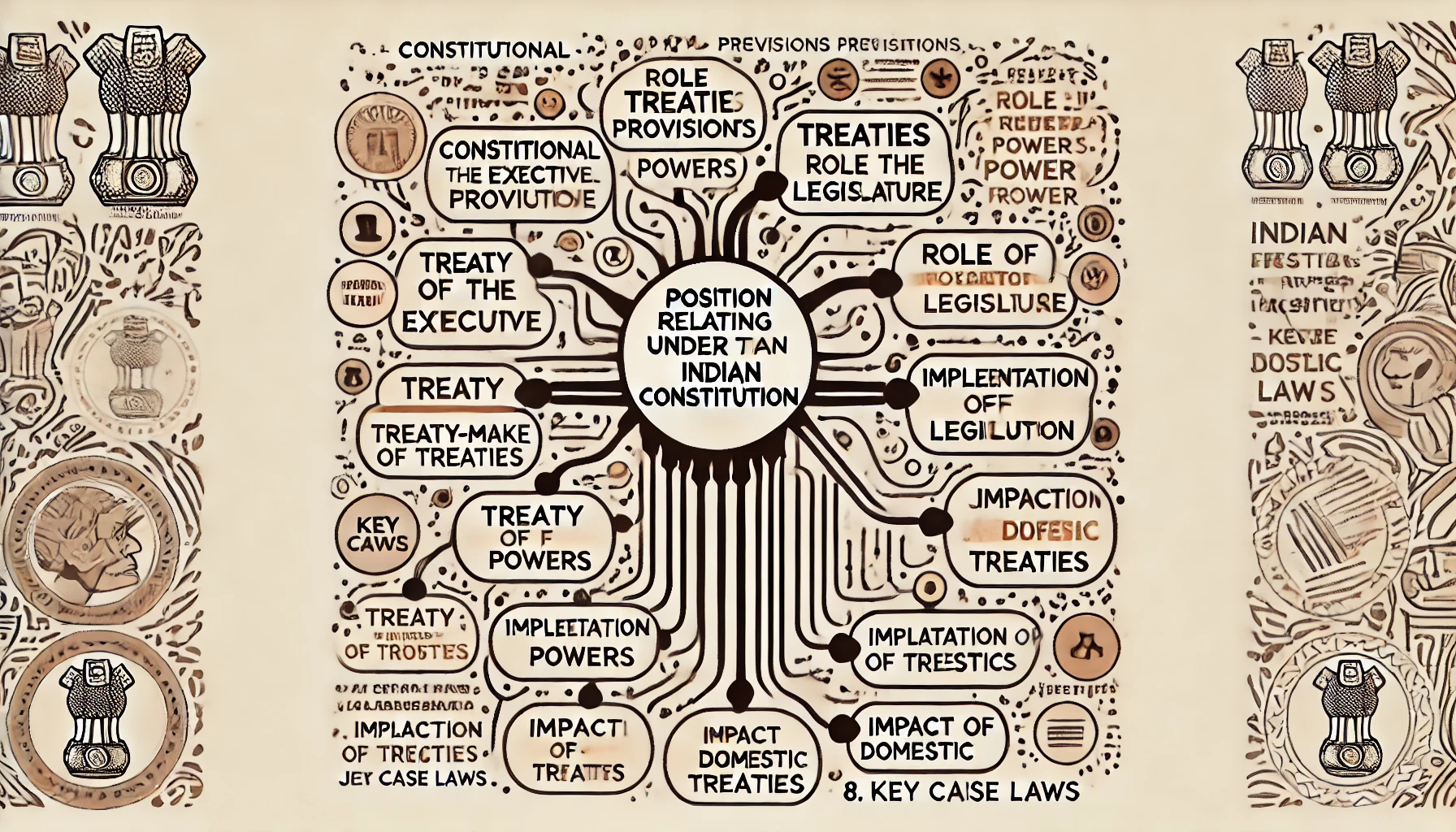
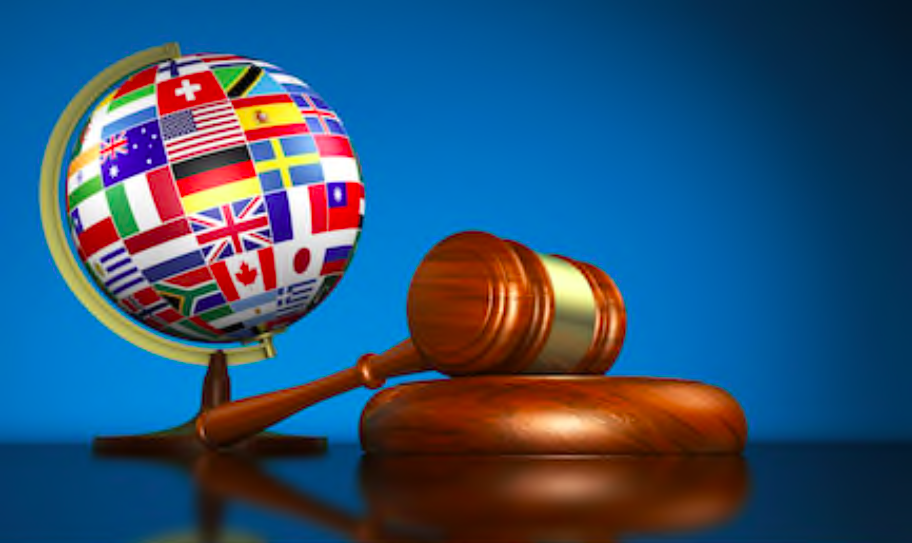
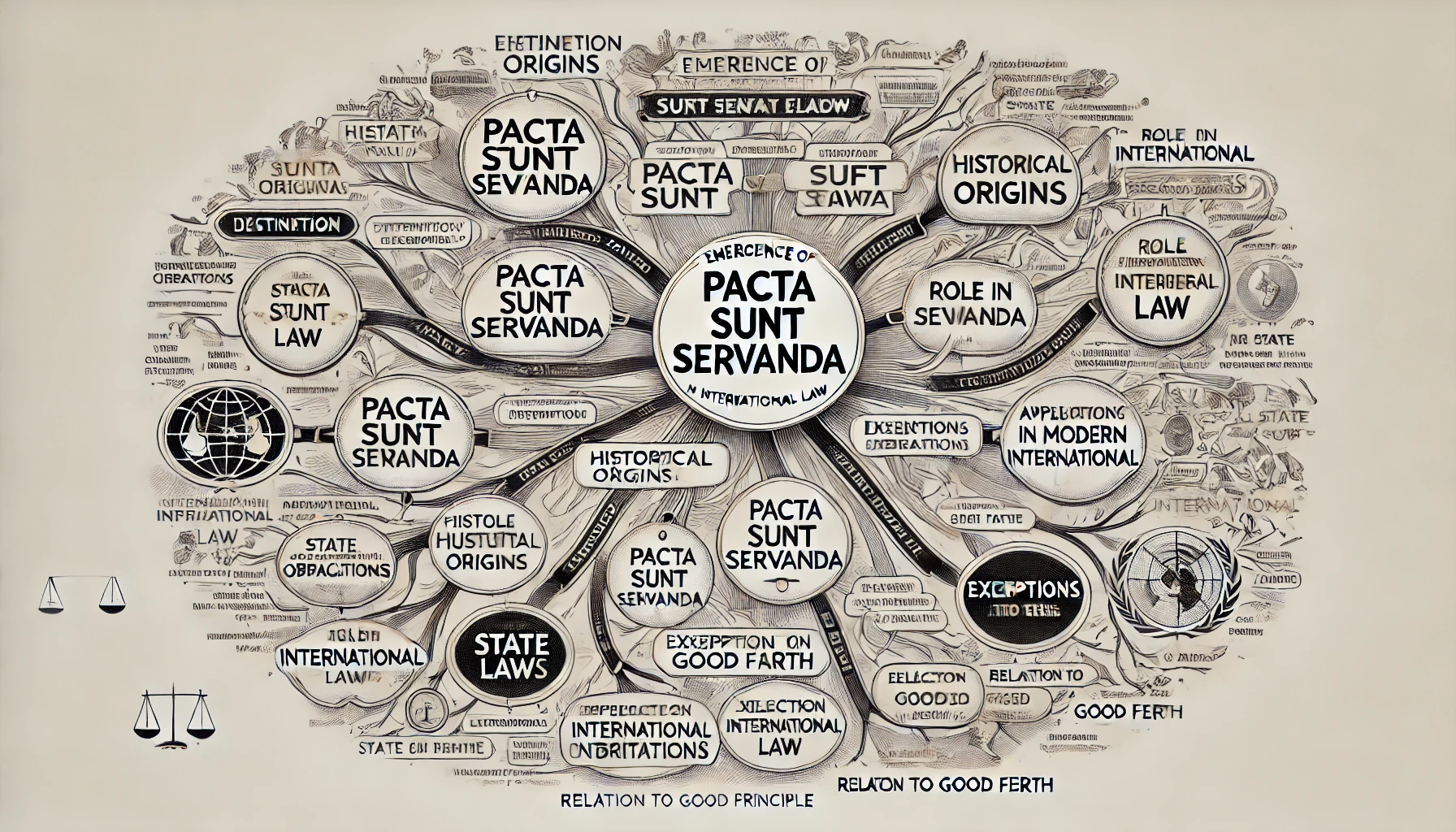
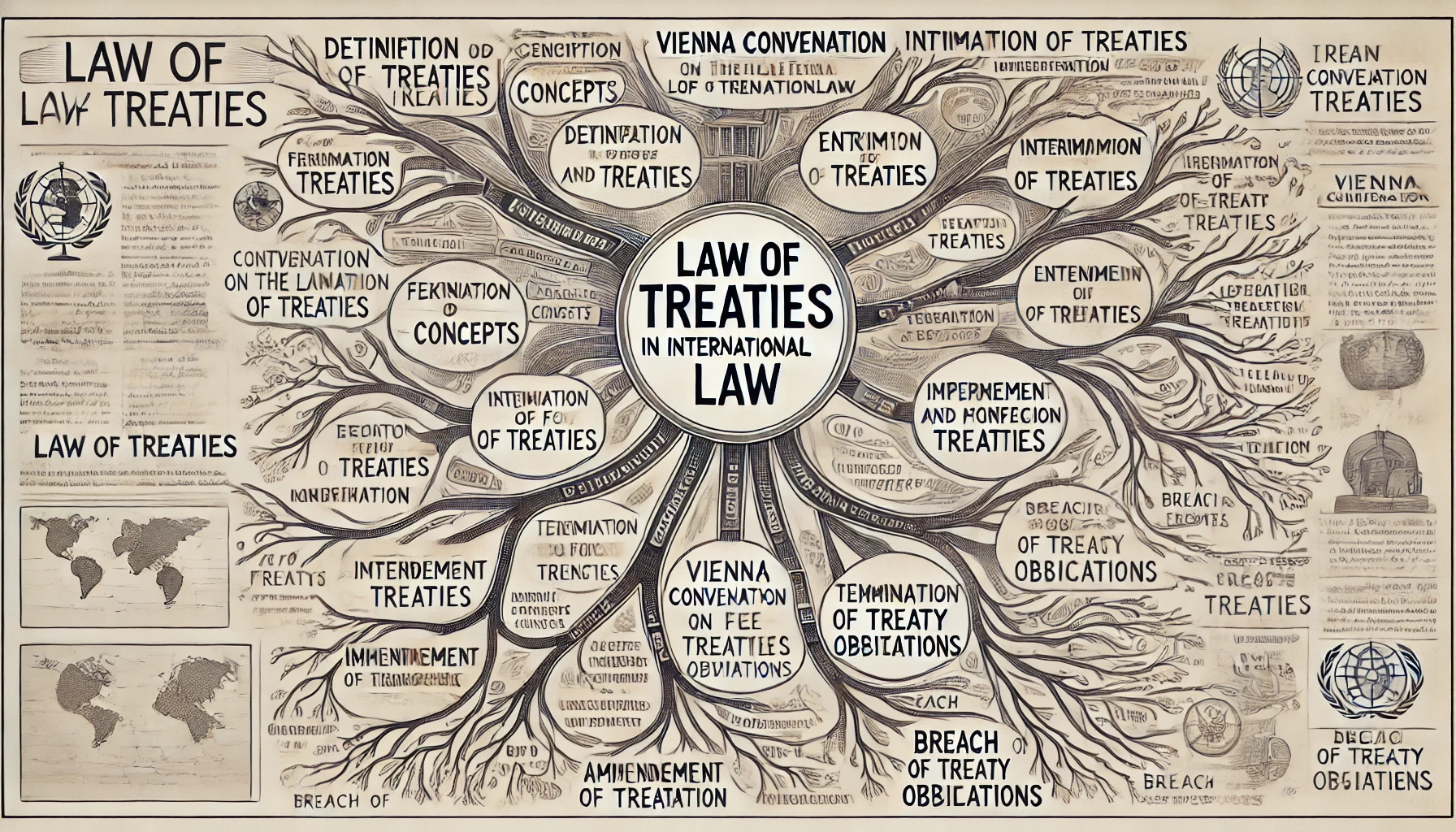
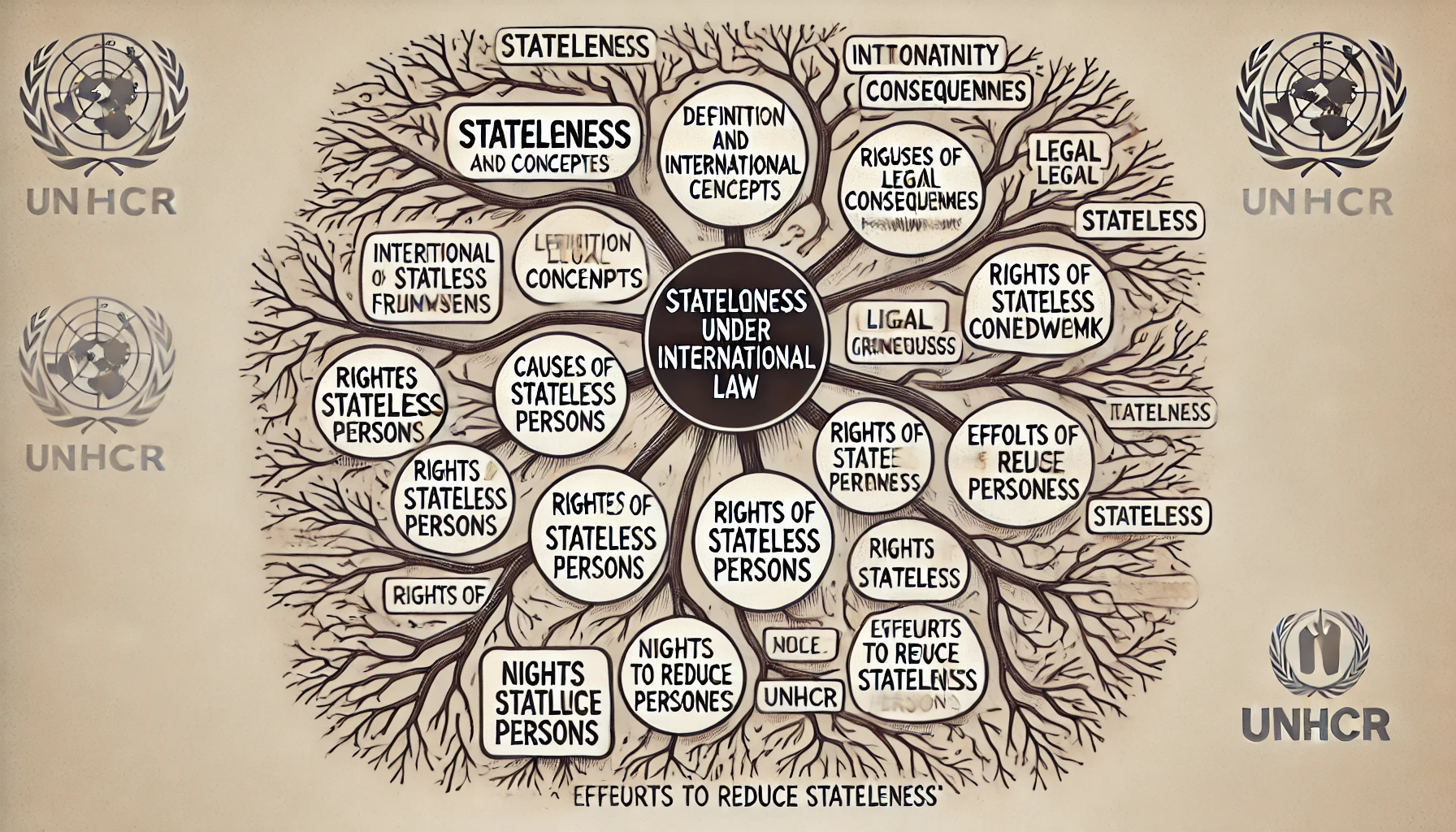
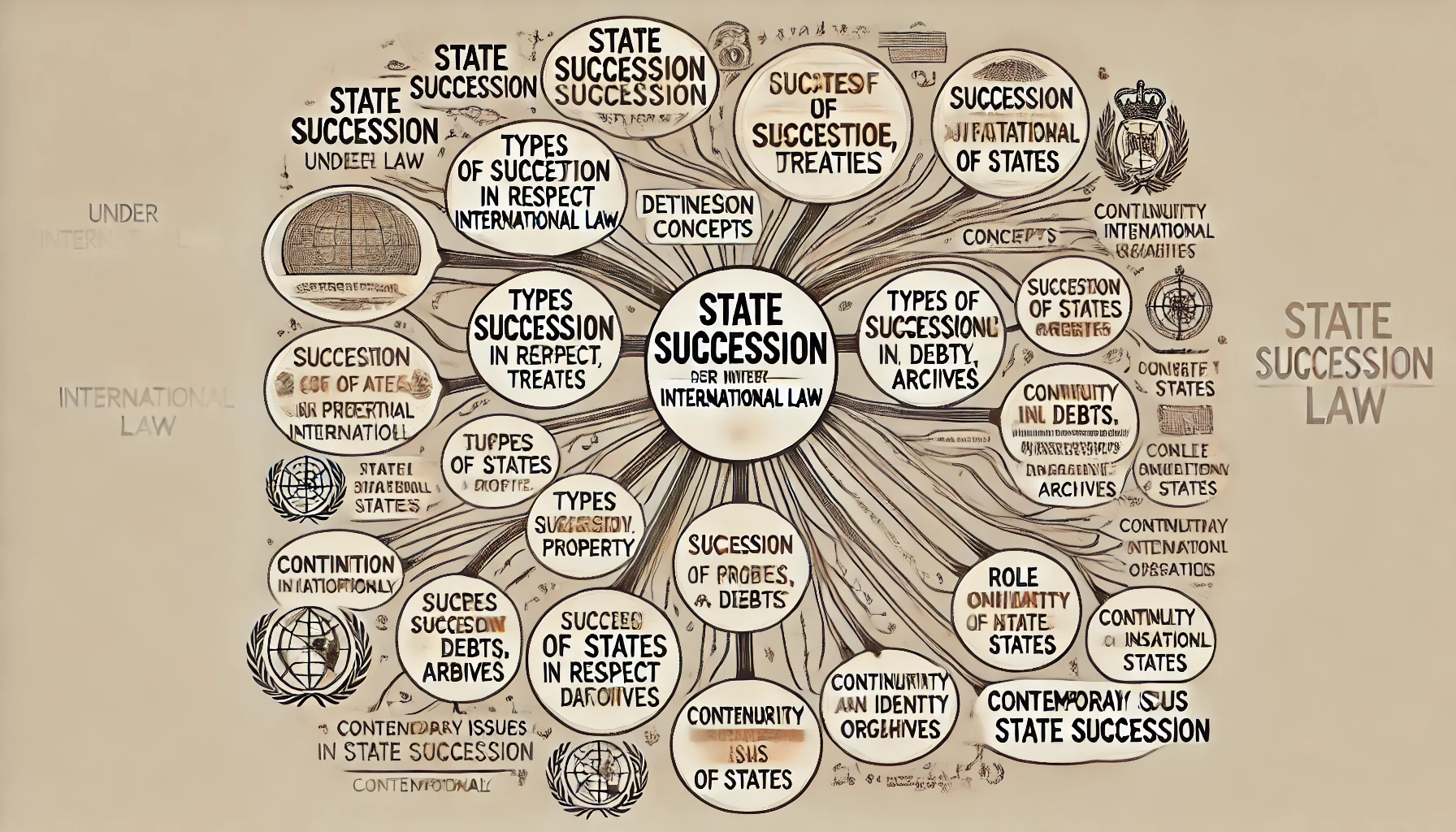
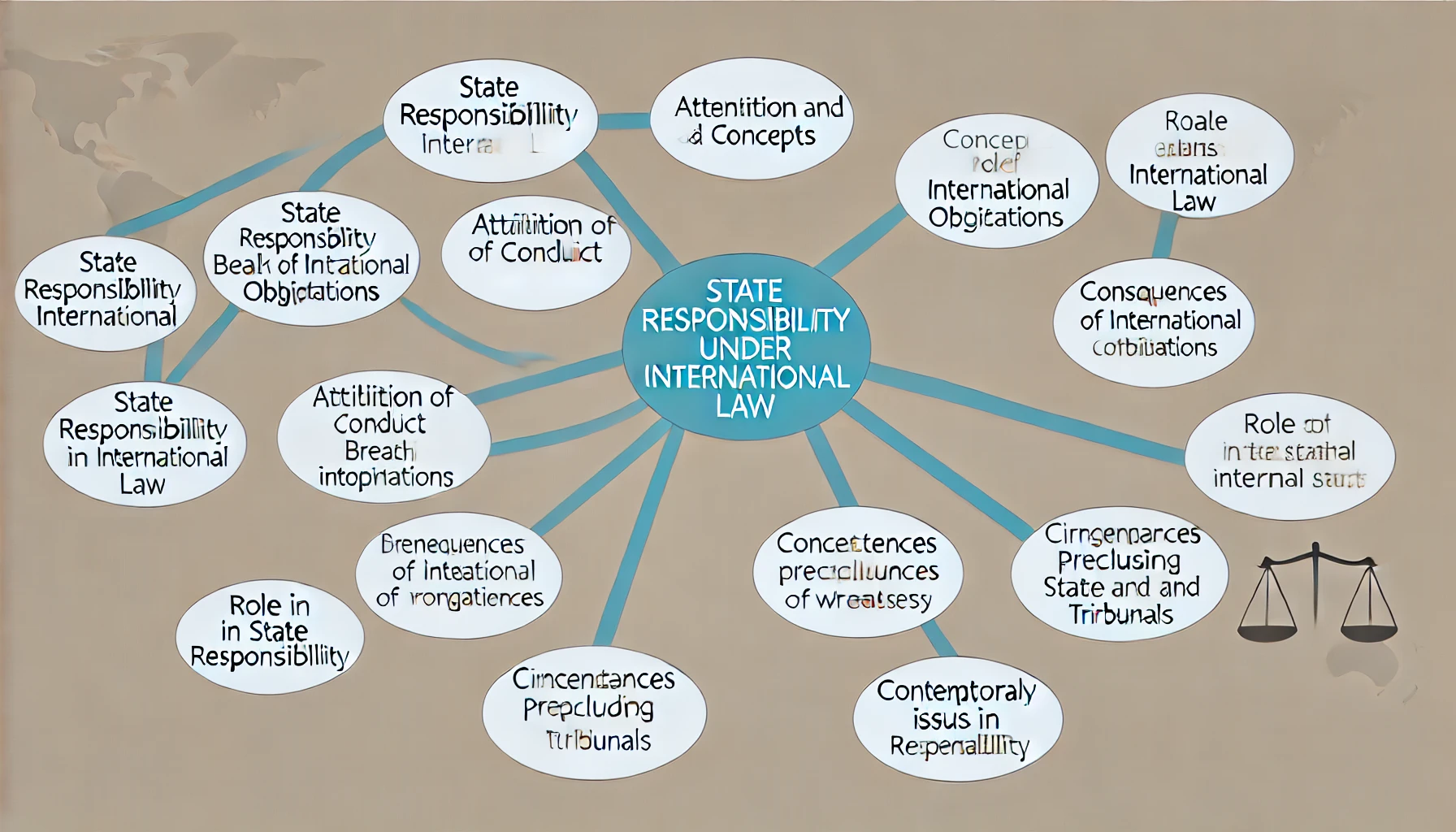
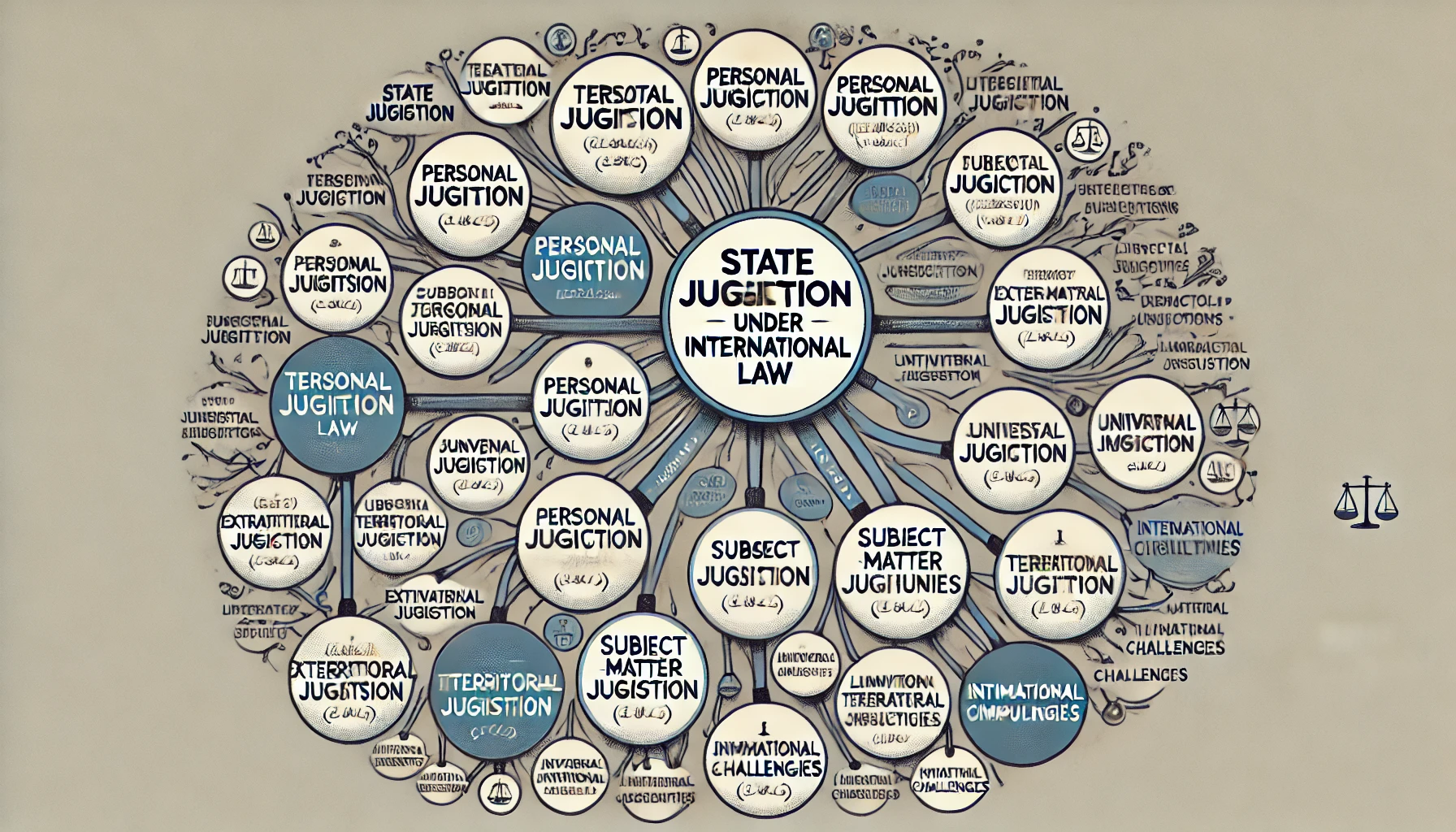
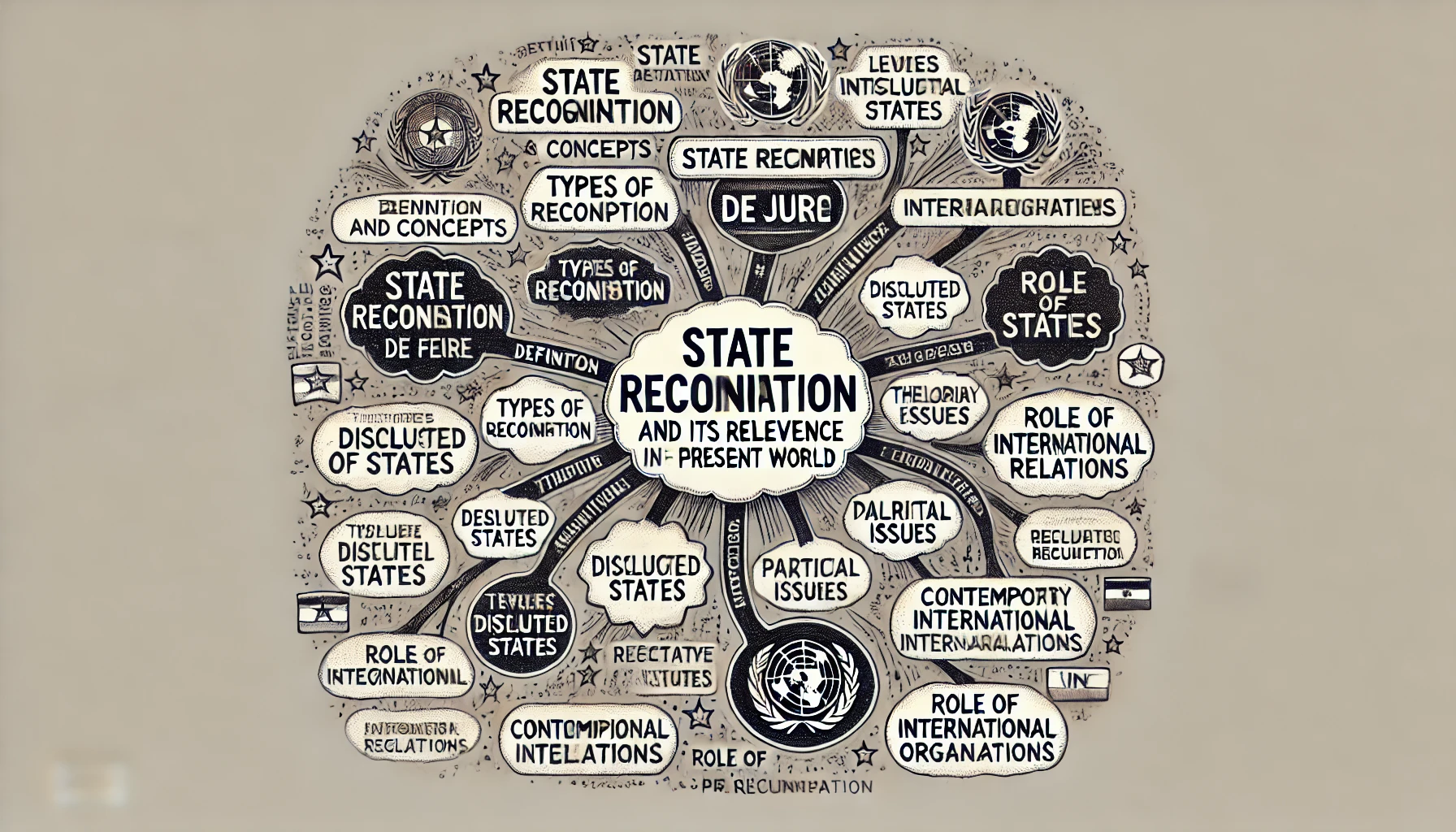
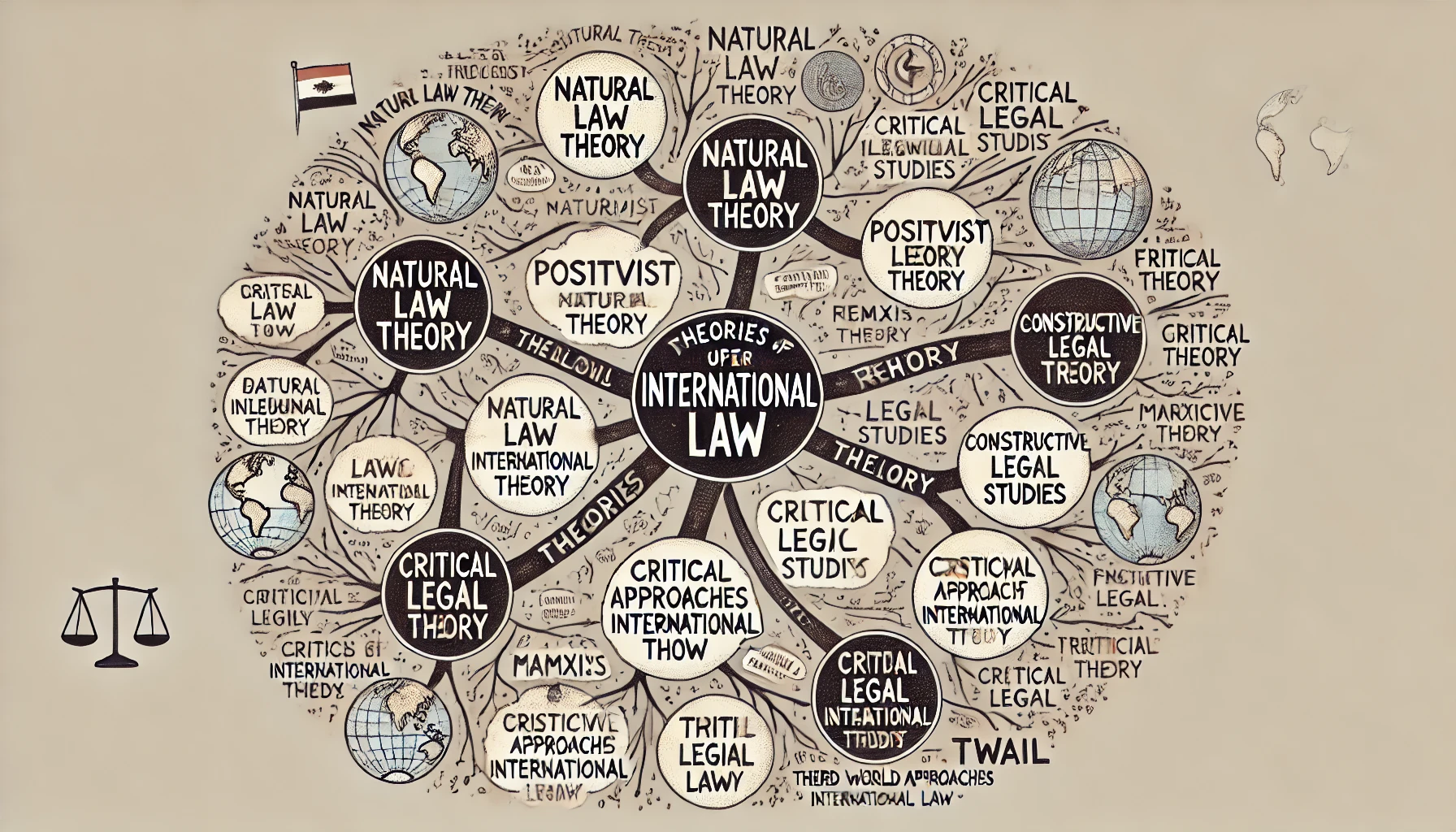
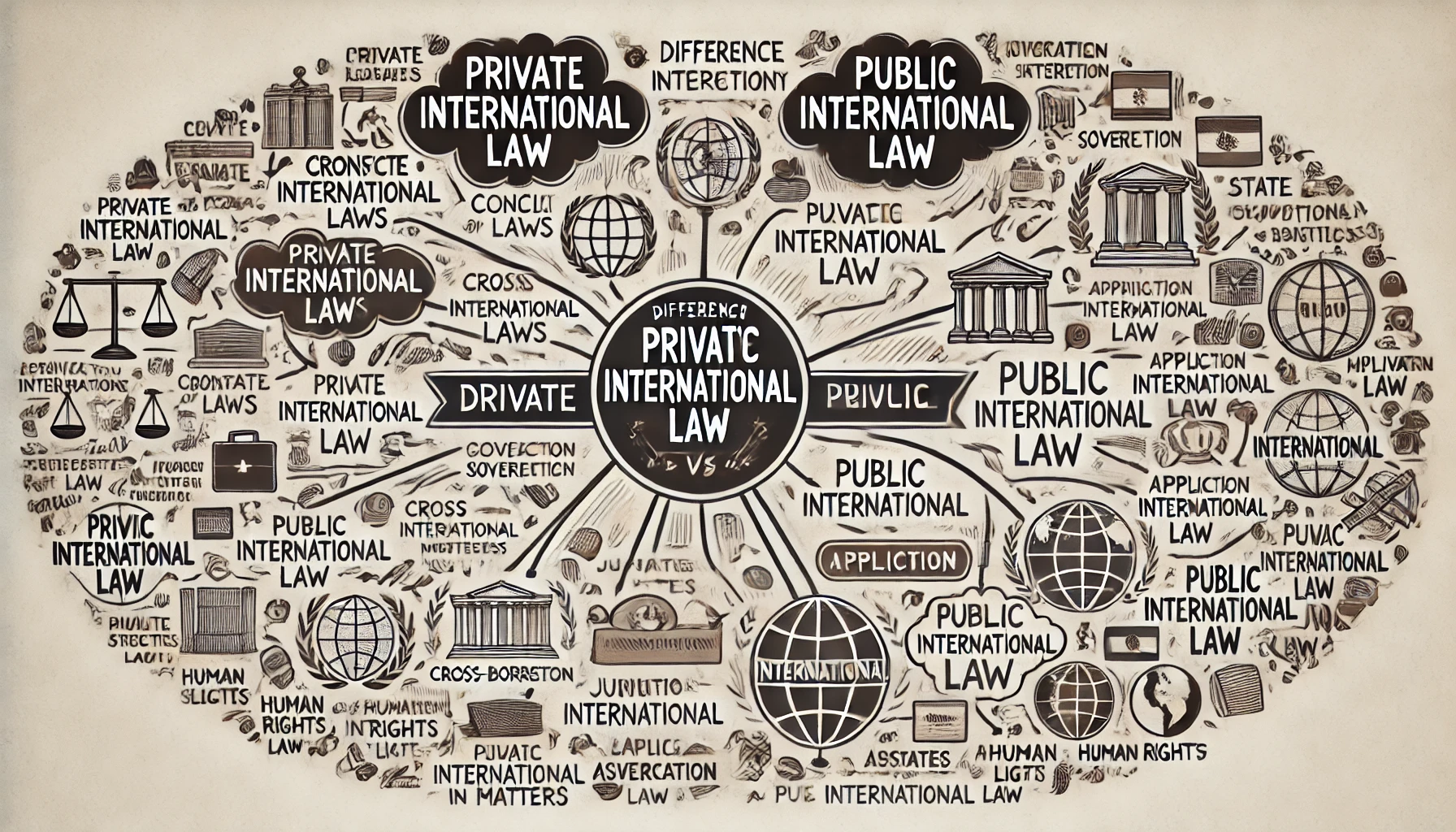
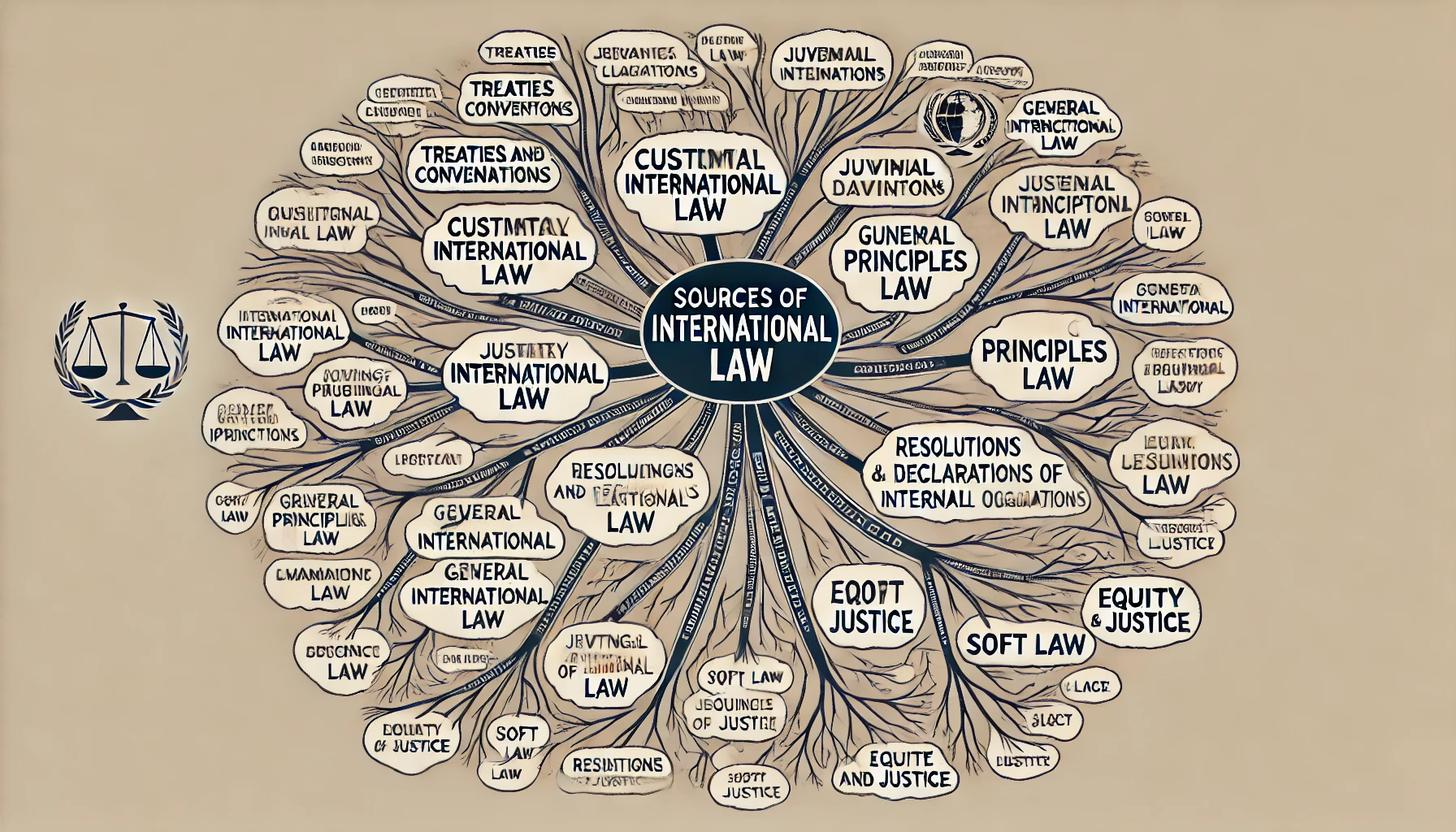
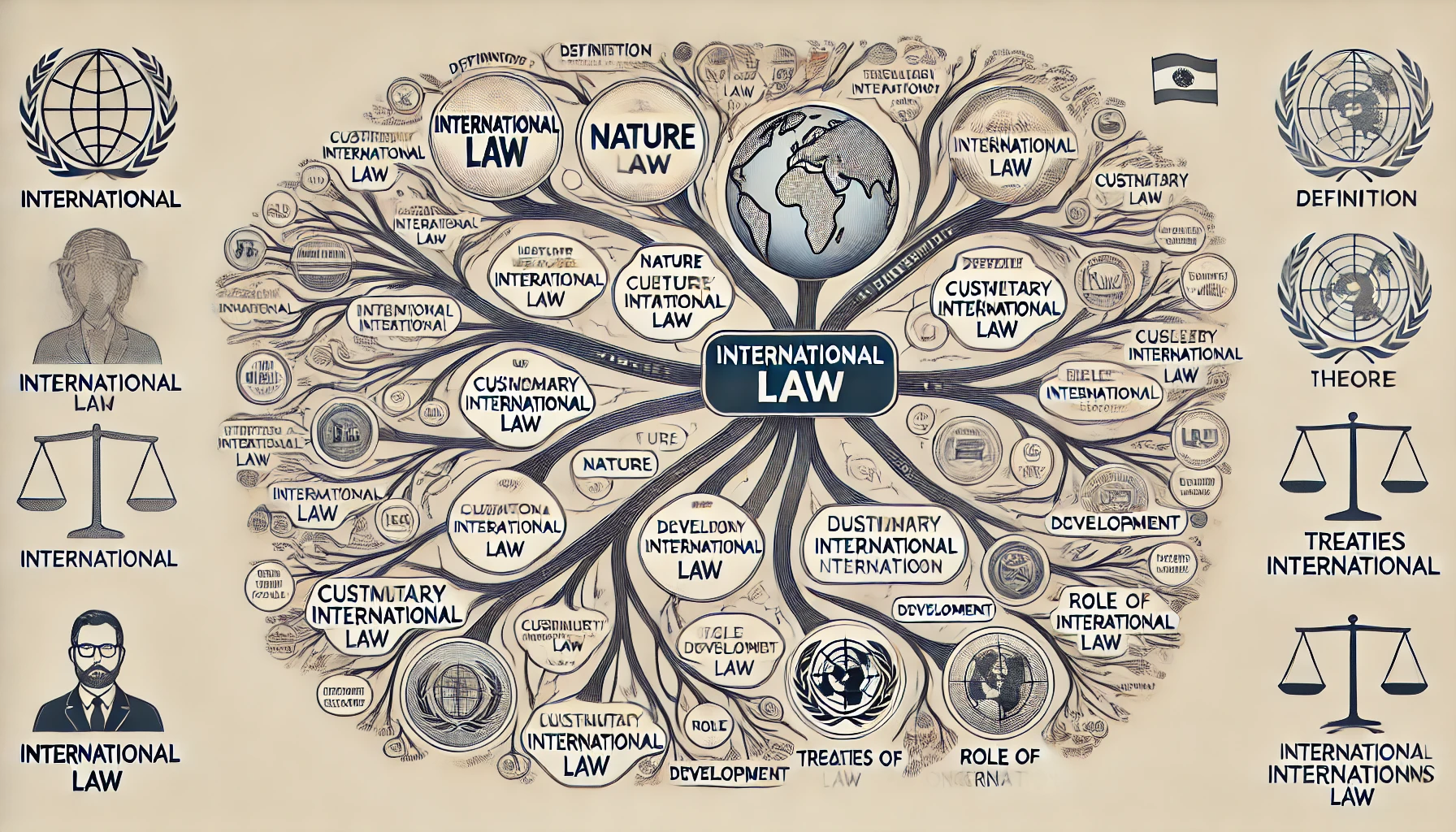
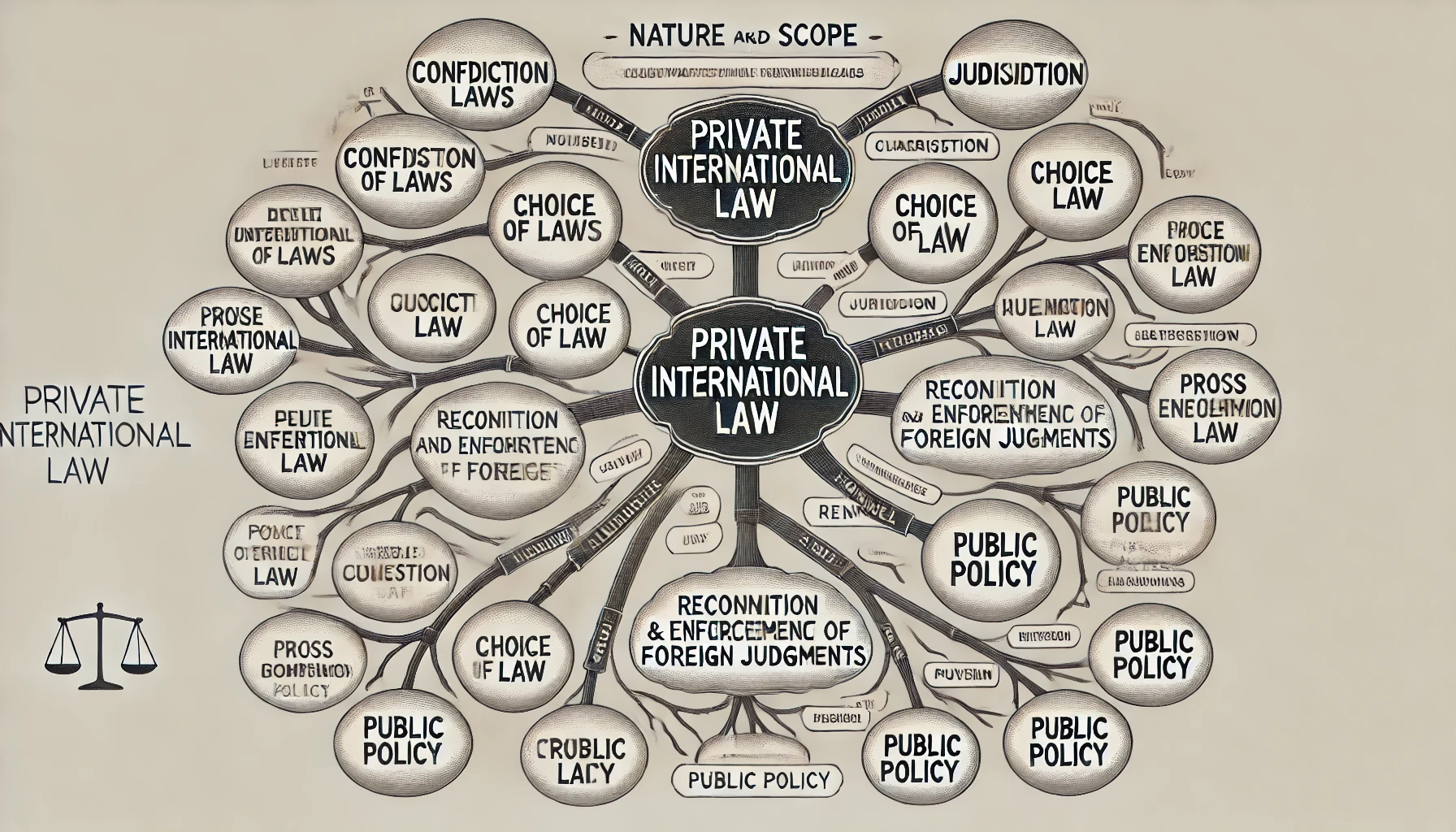


































































































Comment
Nothing for now